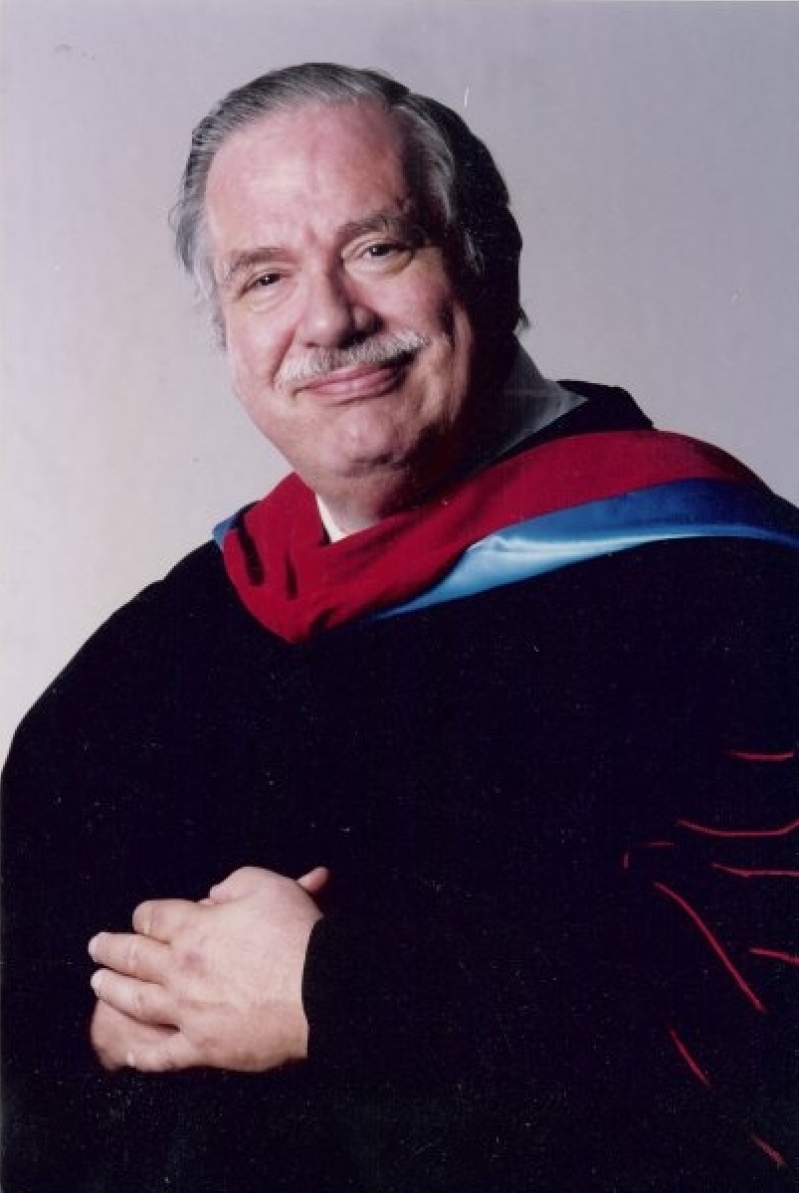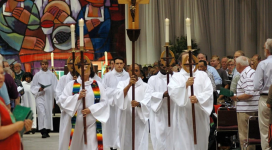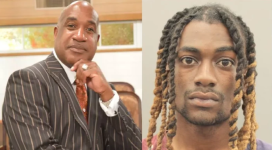
The founder of Jews for Jesus died Wednesday, leaving behind a pre-written message to members of the ministry.
In the letter posted on the Jews for Jesus website after his death, Moishe Rosen encouraged members of Jews for Jesus to stay with the ministry, especially as they “stand on the edge of a breakthrough in Jewish evangelism.”
“Just a little more. Just another push. Just another soul - and we will have reached critical mass where we begin generating that energy that the whole world might know the Lord,” wrote Rosen, who was 78 when he died Wednesday after a protracted battle with prostate cancer.
The son of Jewish immigrants from Eastern Europe, Rosen came to believe in Jesus at the age of 21 and felt a call to ministry shortly thereafter.
In September 1973, Rosen founded Jews for Jesus and, until 1996, he served as the organization’s first executive director.
“Moishe Rosen has had a tremendous influence on the field of Jewish missions, on the Church and on so many who have sought to serve God in making the gospel known,” commented the organization’s current executive director, David Brickner.
“Moishe Rosen championed the refreshing realization that one can be a Jew for Jesus while retaining one’s cultural heritage,” added Dr. Mark Bailey, president of Dallas Theological Seminary.
Aside from Jews for Jesus, Rosen was responsible for training a significant number of men and women who are leaders in the field of Jewish missions today, several as CEOs of other mission agencies.
Rosen was also a special consultant to the Lausanne Committee on World Evangelization’s study group on reaching Jewish people, which met in Pattaya, Thailand, in 1980, and was one of the founding leaders of the organization it spawned - The Lausanne Consultation on Jewish Evangelism, an umbrella group for Jewish mission agencies around the world.
Rosen also authored a number of books in his field.
“In modern times, no one has championed such creative and effective ways of winning Jewish people to Christ as has our brother,” stated Dr. David Larsen, professor emeritus of preaching at Trinity Evangelical Divinity School.
In his final remarks, Rosen expressed how concerned he was by the support some believers were giving to the efforts of rabbis “who, frankly, not only don't know Christ, but don't want to know Him.”
“I would urge you to think very seriously before you support any ‘ministry’ that involves Jewish people and doesn't actually bring the gospel to the Jews,” wrote Rosen to Jews for Jesus members.
He also expressed his disappointment in Jesus-believing Jews who “feel that their primary purpose is to promote Jewishness and Judaism to the Jews.”
“I hope I can count on you to show love and respect for the Jewish people, but Jewishness never saved anybody,” Rosen stated. “Judaism never saved anybody no matter how sincere. “
Though Rosen also made clear his disagreement with some of the decisions made by the leadership of his own organization after he stepped down as executive director in 1996, he said the core of what the ministry stands for is still central.
He also said the ministry has been in competent hands for many years and urged ministry members to encourage the leadership.
“The executive director and the staff need to hear that you intend to continue standing with us,” he wrote.
In lieu of flowers, Rosen’s family has encouraged well-wishers to make gifts to Jews for Jesus in Rosen’s honor.
Moishe Rosen is survived by his wife of sixty years, Ceil, his brother Don, his daughter, Lyn Bond and her husband, Alan, his daughter Ruth Rosen and two grandchildren, Asher and Bethany Bond.
A special memorial service has been scheduled for June 1 at First Baptist Church in San Francisco, where Jews for Jesus is based.







